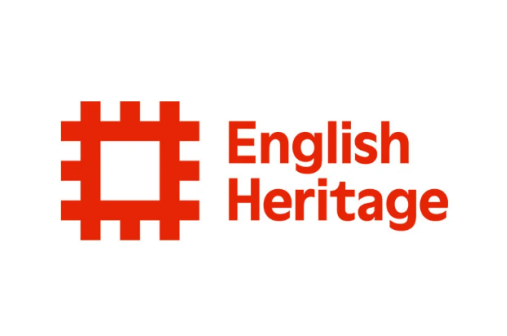
English Heritage has been criticised for producing a children’s booklet about Easter, which apparently talks about the pagan character of the pre-Christian festival, while completely ignoring its importance in Christianity.
According to the booklet, Easter began as a festival celebrating the arrival of spring and its name derives from that of the pagan spring goddess Eostre.
While this may well be true, the booklet reportedly neglects to mention that well over a thousand years ago, what may have begun as a pagan festival was turned into a commemoration of the most sacred event in the Christian calendar by aligning it with the Jewish Passover and final week of Jesus’ life, in which he was crucified and resurrected.
For centuries after the name Eostre was forgotten, and Easter became a Christian festival.
One visitor to an English Heritage site took exception to what he called the “whitewashing” of history.
“Phil”, a chair of governors at a school in Kent, told The Telegraph, “There was no mention of Christ or Christianity in the English Heritage Easter children’s trail on any of the notices or the booklet.
“There was no explanation of the Christian element. It had just been whitewashed out of the story.
“I appreciate the pagan side of the name’s origins, but it’s not the only part – Christianity is central to what Easter is. I had to explain to my 7-year-old son who Eostre was.”
Others saw the omission as something far more sinister. Giles Udy, a historian of the Soviet Union, likened it to the militant atheism of the USSR.
An English Heritage spokesman said: “We care for over 400 sites and across them all, from our panels on sites to guide books, audio tours and our website, we cover a broad and deep range of themes connected to the stories of our sites – not least at Whitby Abbey in North Yorkshire where in the year 664 an important agreement was reached about how to calculate the date of Easter.
“Our Easter Adventure Quest is a trail for children which references a range of fun facts about seasonal traditions, cultures and religions, including Christianity.”
In November 2023 the National Trust was also criticised for producing an “inclusion” calendar which marked Ramadan, Eid and Diwali, but made no mention of Easter or Christmas.













